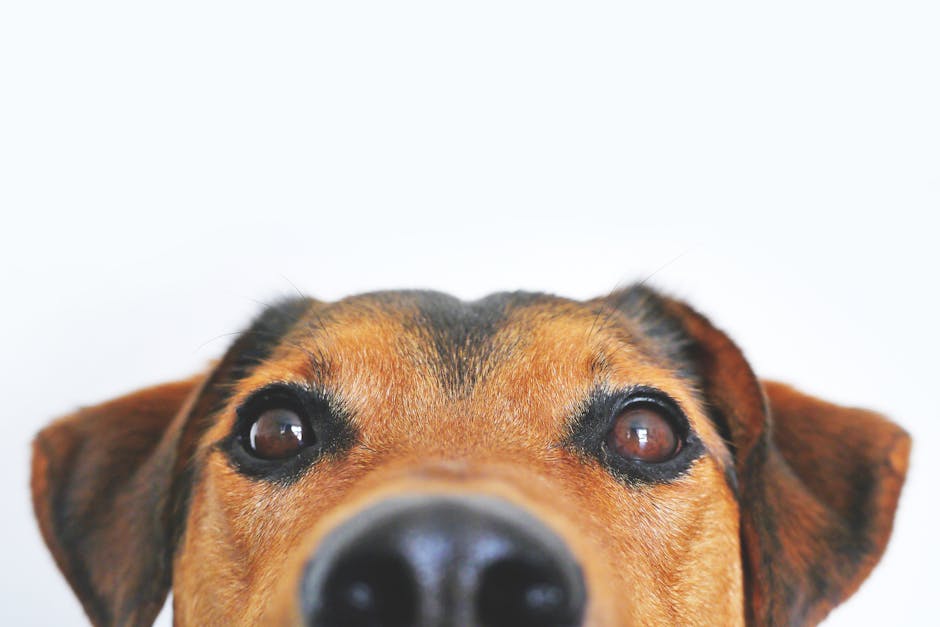Dog training is more than just teaching your furry friend to sit and stay. It's about building a strong bond, fostering clear communication, and ensuring a happy, well-adjusted companion. Whether you're welcoming a new puppy into your home or looking to refine your older dog's manners, effective training is key.
Before you embark on your training journey, it's essential to understand your dog's unique personality and learning style. Some dogs are highly motivated by food, while others thrive on praise and attention. Observe your dog's reactions to different stimuli and tailor your training methods accordingly. Positive reinforcement, using rewards like treats, toys, or verbal praise, is generally the most effective approach.
Consistency is paramount in dog training. Establish clear rules and boundaries from the outset and ensure everyone in the household adheres to them. Dogs thrive on routine and predictability, so regular training sessions, even short ones, will yield better results than sporadic, lengthy sessions.
Start with basic commands like sit, stay, come, and down. Keep training sessions short, engaging, and fun. Use positive reinforcement to reward desired behaviors and avoid punishment, which can lead to fear and anxiety. Instead of scolding for unwanted behaviors, redirect your dog's attention to a more desirable activity.
Socialization is a crucial aspect of dog training. Exposing your dog to a variety of people, places, and other dogs, especially during puppyhood, helps them develop into well-rounded, confident adults. Supervised playdates with friendly, vaccinated dogs can also provide valuable learning experiences.
Crate training can be a valuable tool for housebreaking and providing your dog with a safe and secure den. Introduce the crate gradually and associate it with positive experiences, such as treats and toys. Never use the crate as a form of punishment.
If you encounter challenges or feel overwhelmed, don't hesitate to seek professional guidance. A certified dog trainer can assess your dog's behavior, provide personalized training plans, and address specific issues. Group classes can also be a beneficial way to socialize your dog while learning from an experienced instructor.
Remember, dog training is an ongoing process. Be patient, consistent, and celebrate your dog's progress along the way. With dedication and positive reinforcement, you can unlock your dog's full potential and enjoy a harmonious relationship for years to come.
